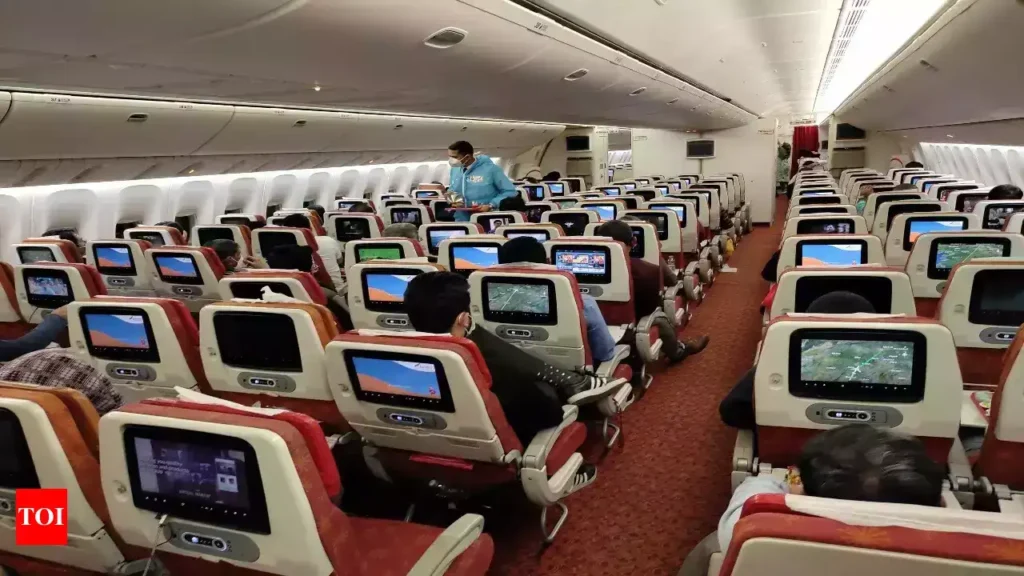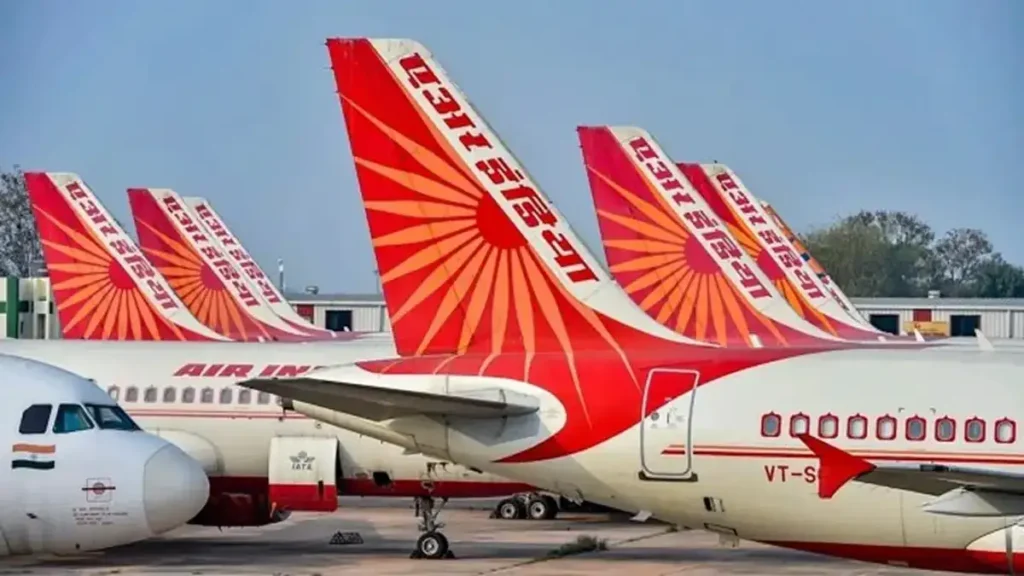Air India Cancels Tel Aviv Flights After Missile Scare; British Airways Also Suspends Services
Air India has suspended all flights to and from Tel Aviv until May 6 after a missile launched from Yemen entered Israeli airspace. Although the Israeli military attempted to intercept the missile, it could not destroy it, raising serious concerns about flight safety in the region.

The airline responded swiftly by announcing full waivers for travelers booked between May 4 and May 6. British Airways also suspended its operations to Tel Aviv through May 7, citing similar safety risks.
Missile From Yemen Sparks Fresh Aviation Worries
A missile fired from Yemen triggered the disruption, targeting Israeli territory. Israeli defense systems tried to intercept the projectile, but it still reached Israeli airspace. While the missile did not cause damage, the failure to neutralize it heightened fears among global airlines.
The threat has intensified security reviews, especially in areas close to conflict zones. Experts have warned that even a single incident like this can influence airspace safety decisions worldwide.
Airlines Act Quickly to Protect Passengers
Air India responded to the threat by halting flights and offering flexible booking options. “The safety of our passengers and crew remains our highest priority,” a spokesperson said.

Affected travelers can now rebook, cancel, or request refunds without paying additional charges. Customers can manage their bookings online or through Air India’s support channels.
British Airways took similar steps, halting flights until May 7. The airline also provided refund and rescheduling options to its passengers. Both carriers stressed their commitment to passenger safety over operational continuity.
Tel Aviv Airport Remains Open, But Caution Grows
Ben Gurion International Airport in Tel Aviv continues to operate but under strict surveillance. Israeli aviation authorities are working closely with security forces to maintain safety while flights continue.
Despite the airport remaining open, airlines are choosing to avoid risk rather than depend solely on local defense systems. The incident has prompted many carriers to reassess routes and delay services to the region.
Business and Religious Travelers Face Setbacks
Many travelers had planned trips to Israel for business, tech events, or religious visits. The spring season often brings a spike in tourist traffic to Tel Aviv, especially from India and the United Kingdom.

The sudden cancellations left hundreds of passengers stranded or looking for alternate routes. Travel agencies reported a sharp increase in inquiries as people tried to salvage disrupted plans.
“It’s disappointing for passengers, but their safety comes first,” said a travel agent based in Mumbai. “We’re helping clients reschedule and advising them to stay informed.”
Airlines Grow Wary of Conflict Zones
Airlines around the world are growing more cautious about flying over active conflict areas. In previous years, similar suspensions occurred during clashes in Gaza or when tensions with Iran spiked.
The International Air Transport Association (IATA) and other aviation bodies continue to advise carriers to avoid airspaces where threats remain unpredictable. Airlines have started prioritizing precaution over profit, especially after past tragedies involving civilian aircraft.
The current situation reinforces a trend: airlines now act faster and more conservatively when geopolitical risks rise.
What Travelers Should Know
If you booked a flight to Tel Aviv between May 4 and May 7, contact your airline immediately. Both Air India and British Airways offer full flexibility, including refunds and free changes. Visit their official websites or reach out to authorized travel partners for support.
Travelers should also monitor advisories from embassies and government bodies. Indian and British diplomatic missions in Israel have urged their citizens to stay alert and reconsider non-essential travel.
In addition, people with long-term travel plans to Israel should consider backup arrangements or alternative destinations, especially if tensions continue.
The Road Ahead
As of now, no additional airlines have suspended services to Tel Aviv, but others may follow if the security situation worsens. Experts believe that missile threats like this could become more frequent if regional conflicts escalate.
For now, both Air India and British Airways have made their stance clear: flight safety cannot be compromised. The coming days will determine whether other carriers adopt similar policies or if flights resume as scheduled.






